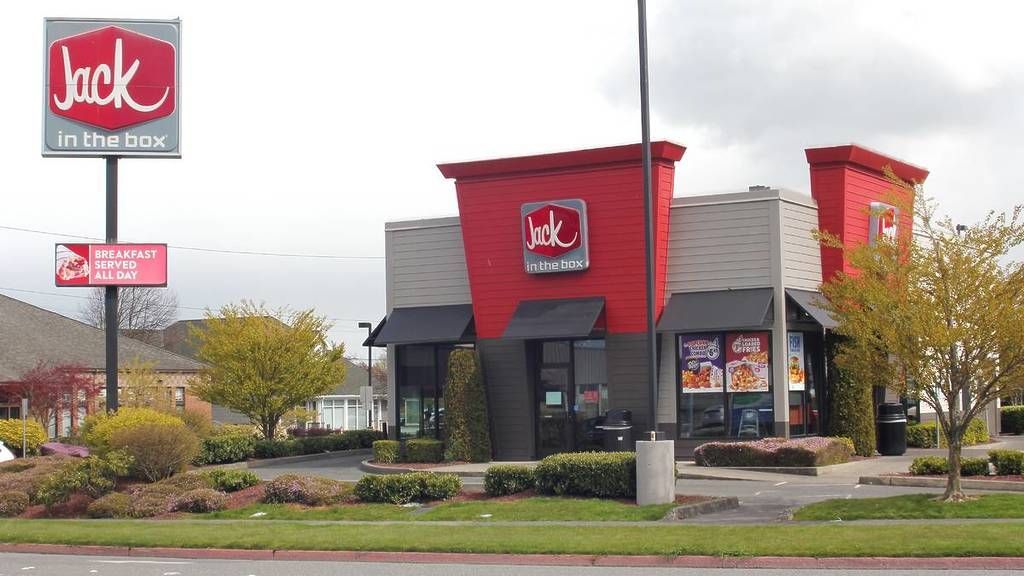Weekly Perl: A Commercial Real Estate News Recap

This West Coast Fast Food Chain Is Making a Return To Chicago After 40 Years
After more than 40 years, Jack in the Box is reopening in the Chicago area.
According to NBC Chicago, the iconic fast food chain announced in June that it plans to open up to 10 new locations in the city and suburbs over the next two years as part of an expansion into the Chicago market...

Target opening eight stores in July and August — here are the locations
Target Corp. is celebrating the opening of eight new stores this summer — including its 320th location in California.
The openings are part of the 20 new locations that Target plans to open this year, and also reflect the retailer’s commitment to building more
than
300
stores over the next decade...

New owners opening four new True Religion stores — here's where
True Religion’s new owners have opened two new stores and have two more planned for fall openings this year. Already doing business are 2,000-sq.-ft. stores in Las Vegas’s Fashion Show Mall and Mall of Louisiana in Baton Rouge...
Ollie’s to hit store milestone as it expands into new state
Ollie’s Bargain Outlet Holdings is celebrating the 10th anniversary of the company’s listing on the Nasdaq Stock Market and a few other things as well.
The off-price retailer’s president and CEO, Eric van der Valk, and other members of the executive leadership team rang the opening bell of the exchange on Wednesday to celebrate the anniversary. Ollie’s is also celebrating opening of its 600th store as it expands into its 34th state...

Homeland Stores’ parent company to close five locations
Homeland Acquisition Corp., the parent of Oklahoma City-based Homeland Stores, is planning to close four supermarkets in Oklahoma and one in Georgia, according to a local report.
The company is closing one Homeland each in Pauls Valley and Jay, Okla., a United Supermarket store in Kingfisher, Okla., and a Discount Foods location in Ponca City, Okla., the report in The Oklahoman said. In addition, the company is also closing a Piggly Wiggly in Gordon, Ga., according to that store’s Facebook page...

Once-giant Sears could soon be down to just five locations
One-time U.S. retail giant Sears is closing a store in California, and the future for two other locations is in question. The moves could leave the iconic chain that was once part of downtowns and malls across the country with just five brick-and-mortar sites still open.
"Going-out-of-business" signs have gone up at the Sears store at the Whittwood Town Center in Whittier, California. In addition, a 1,000-unit multifamily development is planned for the site of a Sears at Searstown Plaza in Miami...

Retail Investment Surge Drives 2024 Property Deals Nationwide
After years of muted activity, retail investment is heating up, as reported by ICSC publication Commerce + Communities Today. Through May 2025, US retail property sales reached $24.6B — a 7% bump from the year before, per MSCI Real Assets. When expanding the lens to include a full-year rolling comparison, CoStar data shows a more striking 17.8% increase in retail transaction volume, climbing from $72.2B to $85B...








